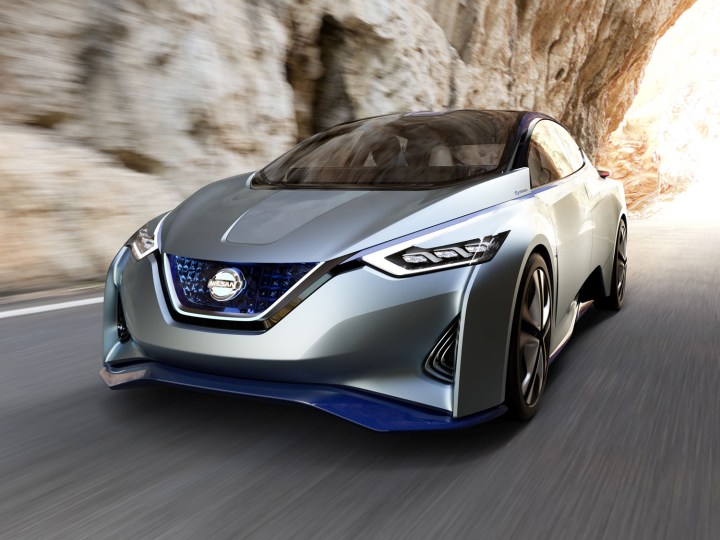
“If it’s a question of being autonomous on one lane on a highway or maybe changing lanes, then yes this is 2016, 2017. You’re talking about autonomous driving in a city, with crossroads or the car making decisions in complicated situations, then frankly I don’t think it’s going to be ready before 2020,” affirmed the executive on the sidelines of the Detroit Auto Show.
In addition to tech-related issues, Ghosn pointed out that there is a big difference between being able to buy a car that’s labeled as self-driving and being allowed to use it for what it was designed for. Spending more on a new car equipped with self-driving technology is a waste of money if laws and regulations force the driver to keep his or her hands on the steering wheel at all times. In other words, self-driving cars only make sense if the driver can sit back, relax, and simply enjoy the ride. Most semi-autonomous systems on the market today — including Tesla’s Autopilot and Mercedes’ Steering Assist — require the driver to stay focused on the road ahead.
Renault-Nissan’s top executive stressed that his statements don’t indicate that he doesn’t see the potential of autonomous vehicles. Nissan is testing an experimental self-driving Leaf in Japan, and the alliance recently outlined a plan to launch more than 10 semi-autonomous and autonomous vehicles by 2020. Finally, Ghosn pointed out that autonomous technology can drastically change the lives of people who are disabled or who have gotten too old to drive.
“Today a lot of people stop driving because they cannot drive any more. This technology is going to enable you to drive until you don’t want to any more,” predicted Ghosn.
Editors' Recommendations
- Cruise autonomous vehicle drives over woman just after she was hit by another car
- Autonomous cars confused by San Francisco’s fog
- Ford and VW close down Argo AI autonomous car unit
- A weird thing just happened with a fleet of autonomous cars
- Nissan’s ‘smellmasters’ perform odor checks on new cars




